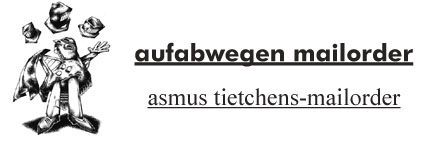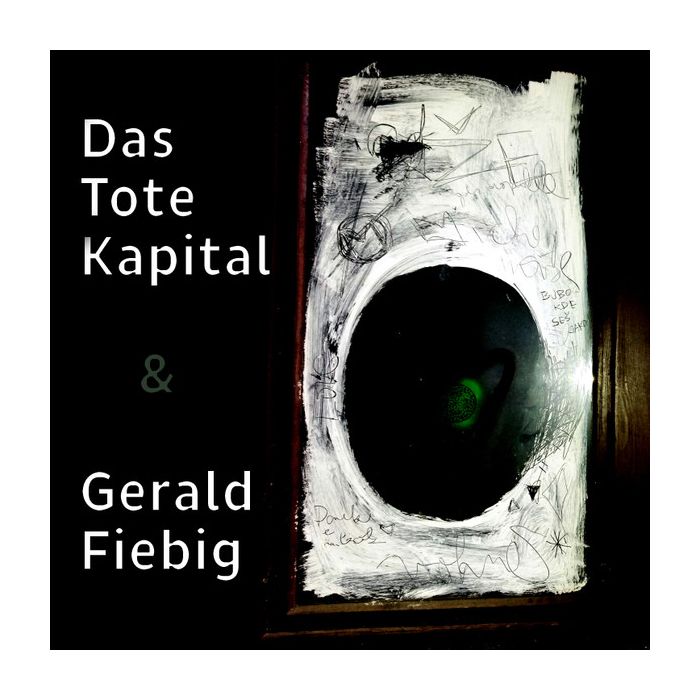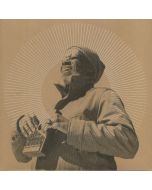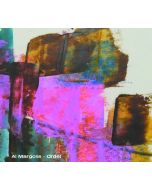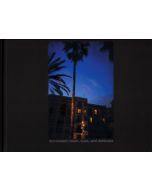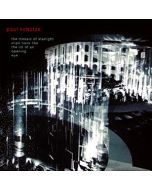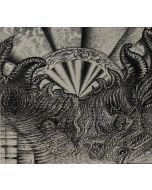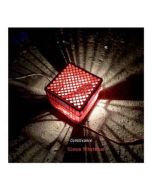DAS TOTE KAPITAL & GERALD FIEBIG
| Artist | DAS TOTE KAPITAL & GERALD FIEBIG |
|---|---|
| Titel | s/t |
| Format | CD-R |
| Label | Attenuation Circuit |
| Country | Germany |
| Cat.-No. | ACU 1025 |
Johannes Engstler (drums, double bass and various other instruments) and Markus Joppich (acoustic guitar) have been active as the duo Das Tote Kapital since the early 2000s. Their widely differing backgrounds as a classically trained guitarist and composer (Joppich) and drummer of hardcore punk outfit Robotnik, self-taught multi-instrumentalist, and owner of analogue studio and DIY label Motorische Endplatte (Engstler) make for a truly genre-defying approach to free improvisation. Adding another ally to their unusual coalition, they invited radio artist and electroacoustic composer Gerald Fiebig for two collaborations. In both cases, spontaneous live improvisation is one main compositional strategy while multitracking in the studio is the other.
The first of these collaboration, recorded at Engstler's Motorische Endplatte studio over the course of three days in 2016, is “Man muss die Straße machen” (track 6). The 20-odd minute piece was broadcast as a radiophonic composition on Glasgow-based radio art station Radiophrenia in 2019. Here, it appears on fixed media for the first time. Combining anecdotal field recordings of Fiebig's journey to the recording session and sounds of Engstler's life in the converted farm house that's home to Motorische Endplatte studio (complete with tractor, wood chopping, and the family feeding their chickens) with an overdubbed trio improvisation, this long-form piece blends rather different approaches to making music in a way Luc Ferrari might have done.
The other five, much shorter pieces (tracks 1 to 5), were recorded in 2019. The basis for the five pieces is formed by Engstler and Fiebig improvising in the studio, with Fiebig on no-input mixer and samples and Engstler on a great variety of acoustic instruments ranging from drums to dulcimer. With these improvisations recorded, Joppich decided which ones to add to and overdubbed his equally improvised guitar parts. So one could say that all the pieces on this release simultaneously were and weren't created in real time – a paradox that befits the unexpected, and at times humourous, cuts and clashes found on this album.
(label info)
